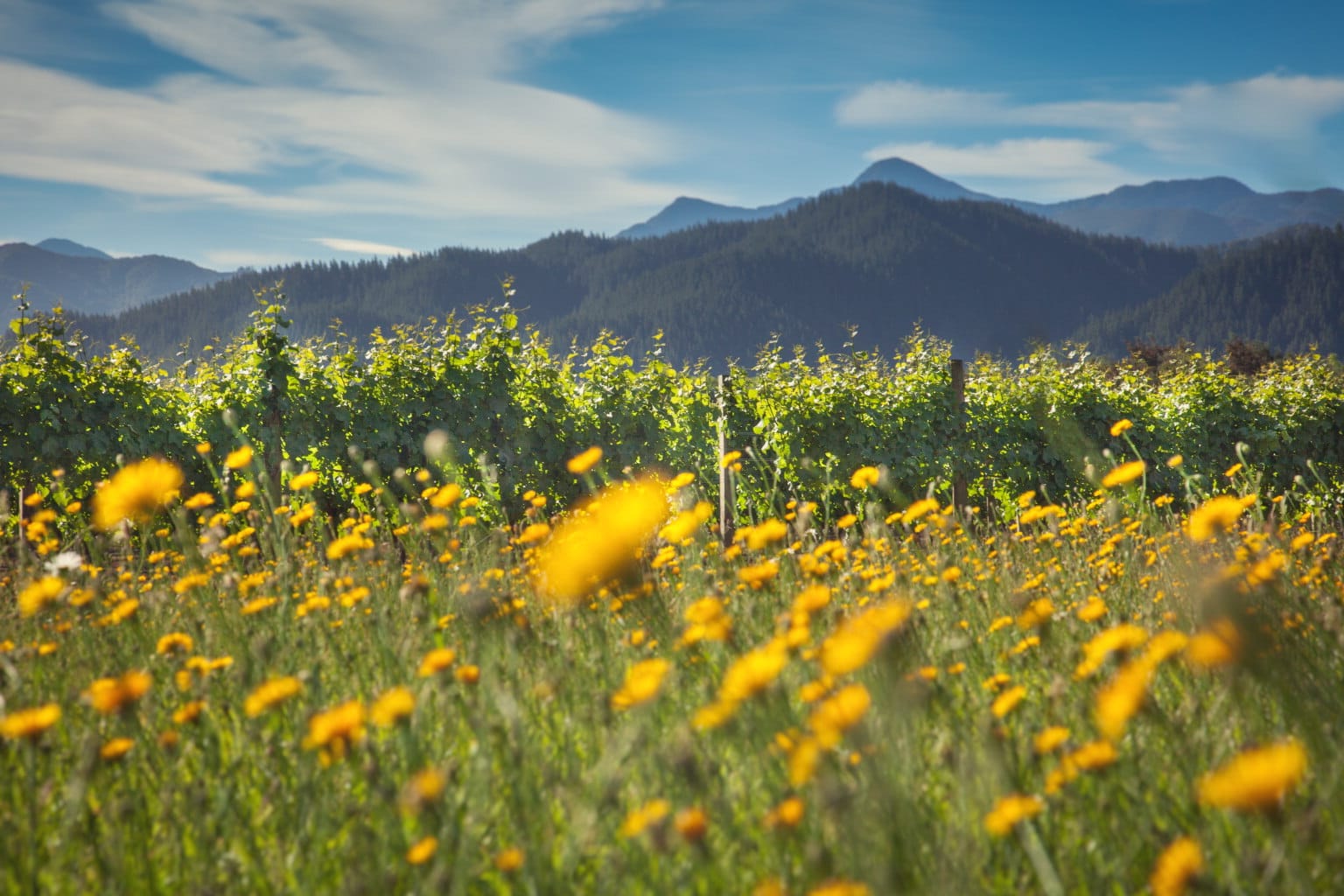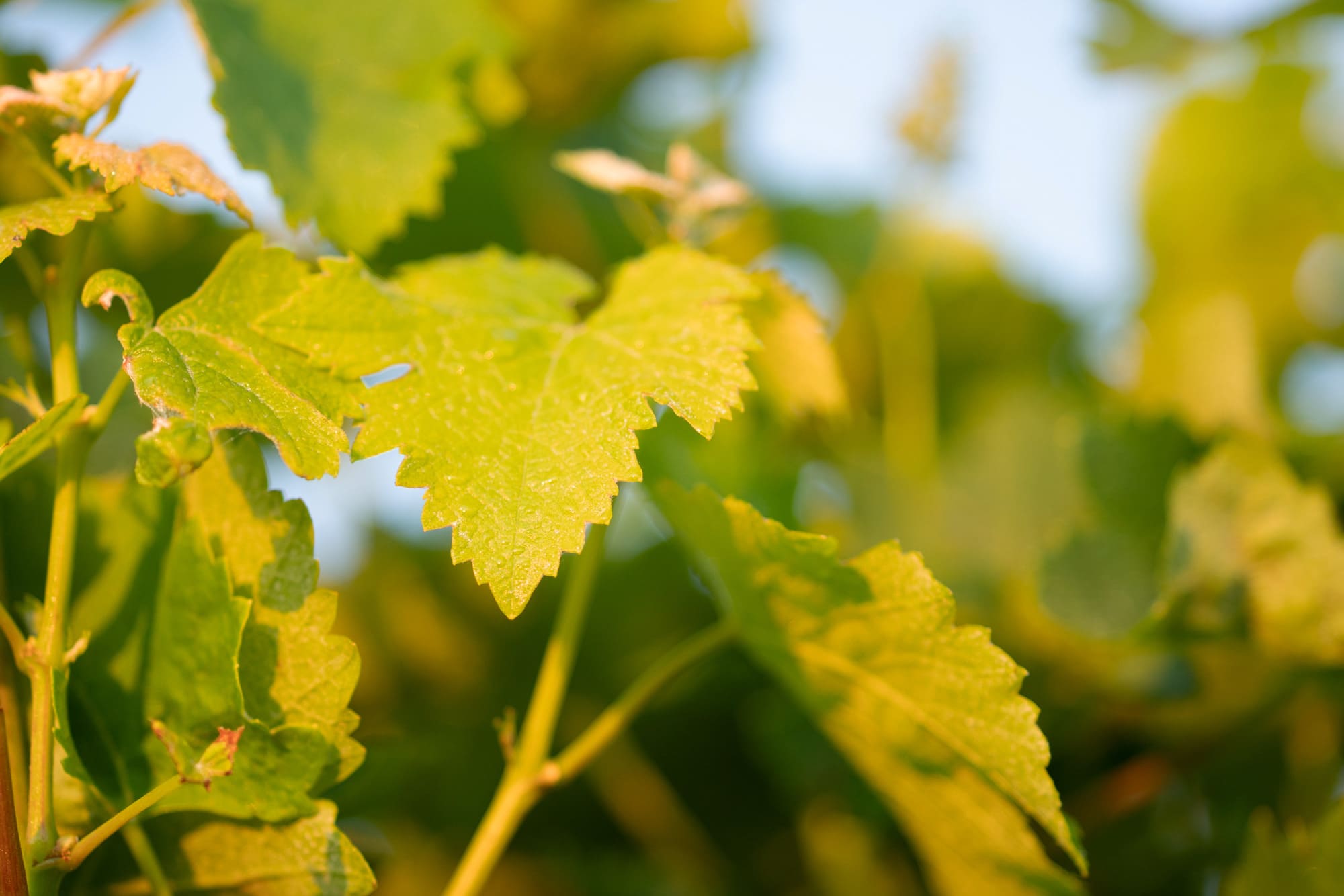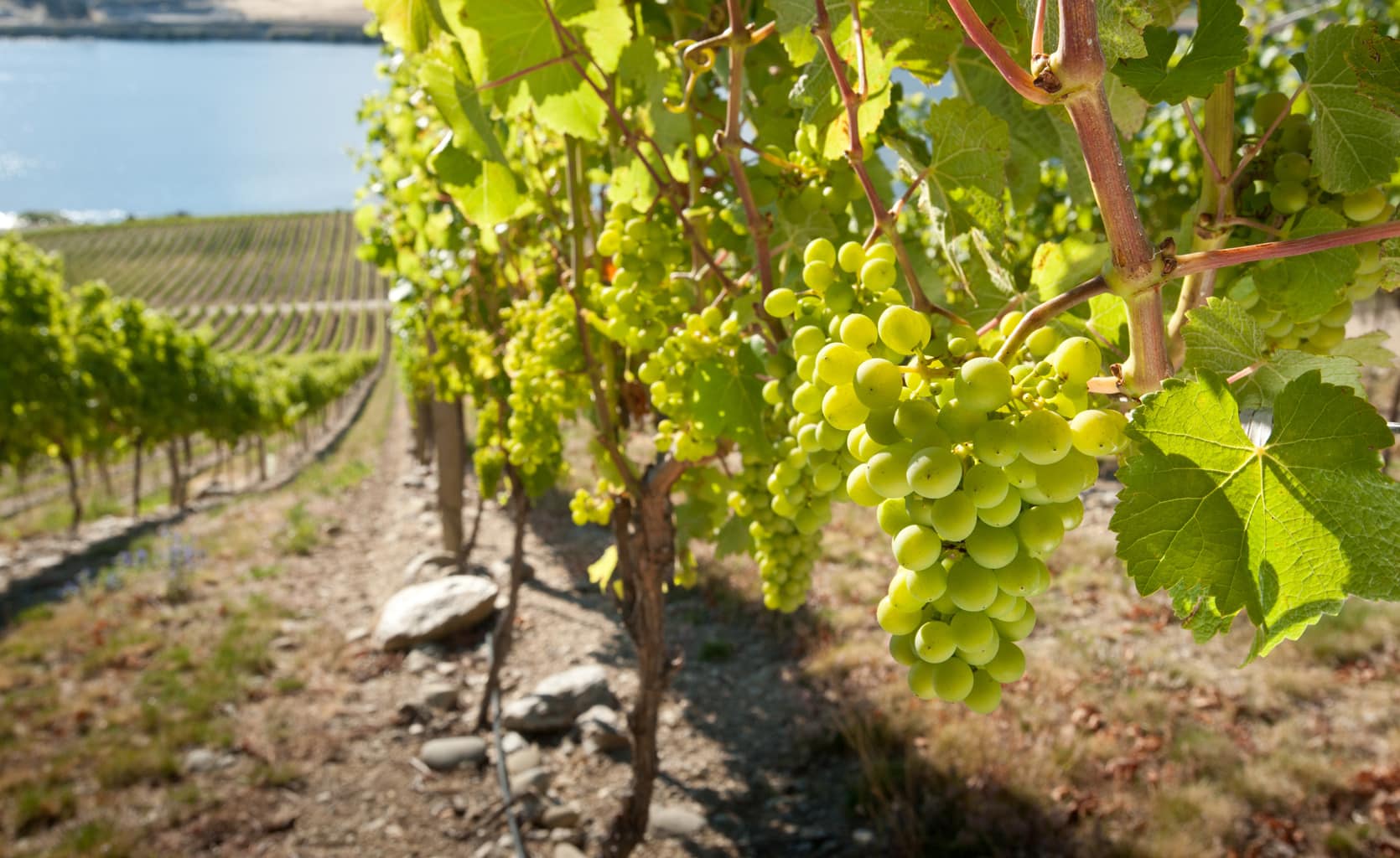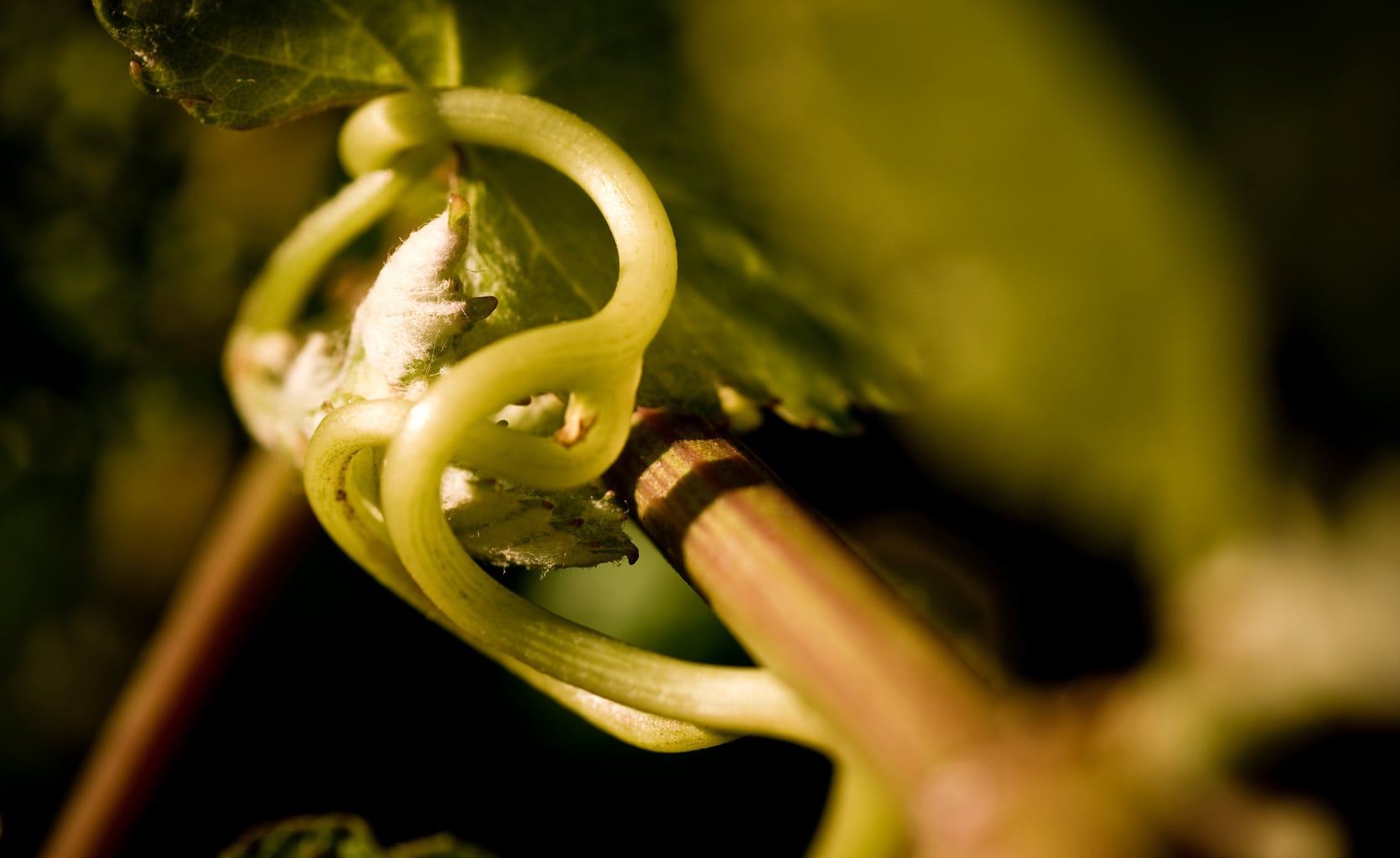A new white paper released this week – Regenerative Agriculture in Aotearoa New Zealand: Research Pathways to Build Science-Based Evidence and National Narratives – provides a cross-sector framework for future research in New Zealand.
The paper sets out 17 priority research topics identified by 200+ representatives of New Zealand’s agri-food system.

BRI’s soil expert Michelle Barry ran focus groups of winemakers, viticulturists, and research colleagues to contribute to the paper for the wine industry. Michelle’s view is that regenerative agriculture can improve the health of our waterways, reduce topsoil loss, offer resilience to drought, and add value to primary exports including wine.
One of the key findings of the paper was that there is a pressing need for scientific testing of the anecdotal claims being made about regenerative agriculture.
Lead author Dr Gwen Grelet, senior researcher at Manaaki Whenua – Landcare Research, says that although evidence is urgently required, regenerative agriculture potentially has an important role to play in New Zealand.
“Regenerative agriculture has huge momentum internationally in all parts of the food system. It is not a magic bullet but its grass-roots popularity with farmers and food consumers mean it has huge potential for driving the transformation of Aotearoa’s agri-food system to move our country closer to its goals.
“Our consultation found many areas of strong agreement between advocates and sceptics. It’s time to stop bickering and focus on identifying any true benefits regenerative agriculture might have for New Zealand.”
The research project was run by Manaaki whenua Landcare Research and funded by the Our Land and Water National Science Challenge.
White Paper Download
















